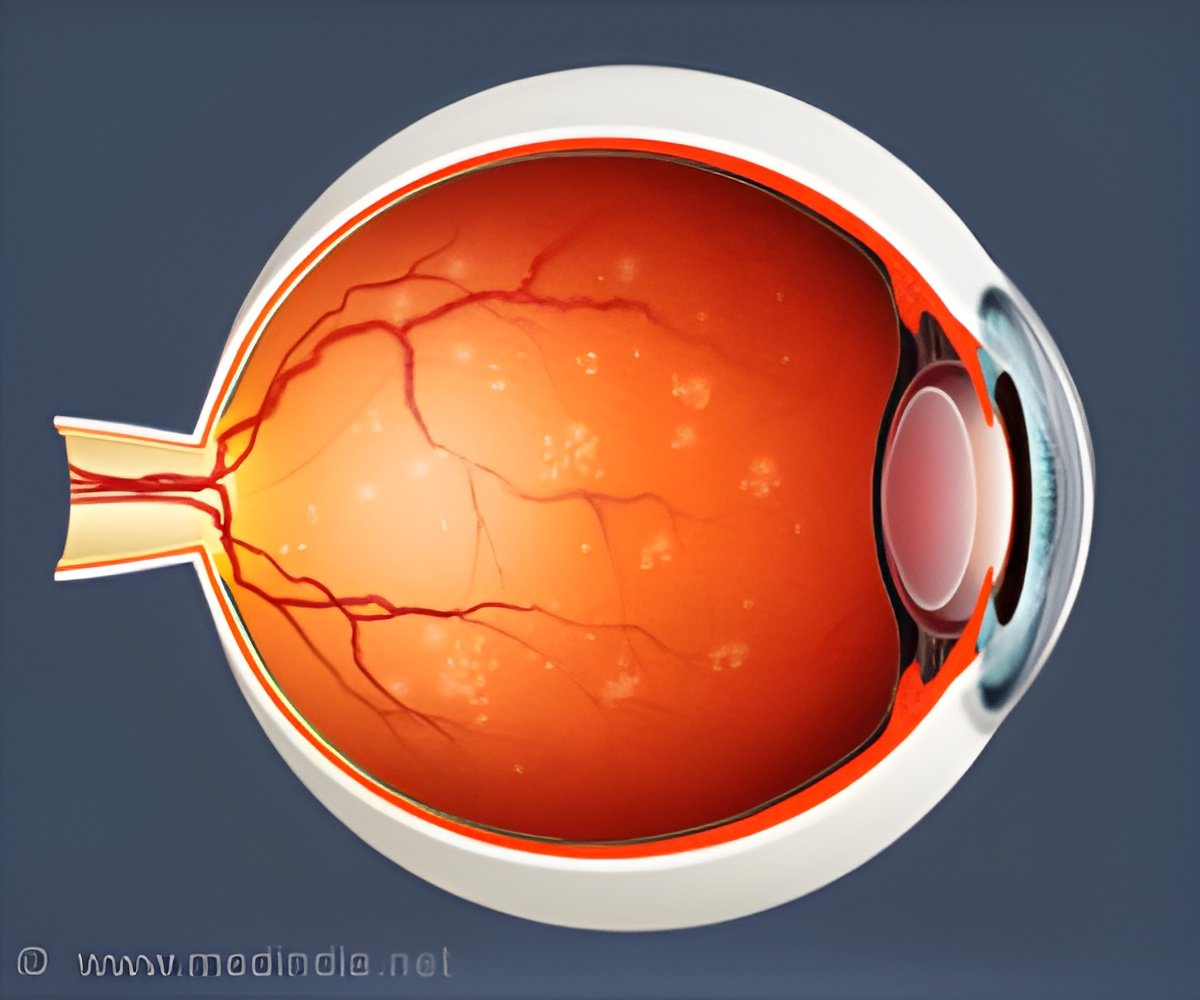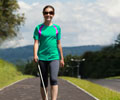
‘The first gene therapy called 'Luxturna', to treat retinal blindness will now be available in the US for a price of $850,000 (Rs 5,39,79,250).’
Tweet it Now
It is the first gene therapy to be approved for use in the US and was given the go-ahead by the Federal Drug Administration in mid-December, 2017.
“We believe that price reflects the type of life-altering value we’re seeing with Luxturna in clinical trials and will allow us to build on revolutionary science,” Spark Chief Executive Jeff Marrazzo How Does The Drug Work?
The drug directly delivers a normal copy of the RPE65 gene directly to retinal cells. These retinal cells then produce the normal protein that converts light to an electrical signal in the retina to restore the patient's vision loss.
Bi-allelic RPE65 mutation-associated retinal dystrophy affects around 1,000 to 2,000 patients in the U.S. The RPE65 gene encodes for a protein that is essential for normal vision. Mutations in this RPE65 gene lead to reduced or absent levels of RPE65 protein activity, affecting the visual cycle and resulting in impaired vision.
Children with the gene mutation often are diagnosed at an early age with disorders such as Leber congenital amaurosis (LCA) or retinitis pigmentosa. Affected individuals experience progressive loss of vision over time. This loss of vision, seen typically during childhood or adolescence, ultimately progresses to complete blindness.
Advertisement
Within weeks of receiving the injections, most of them had improved vision; in fact, half of them had improvements to the degree they were no longer considered legally blind.
Advertisement
Anticipating criticism, Spark promised to reimburse patients if the treatment proves not to be effective, and said it expects US health authorities to authorize the payment in stages. There are currently about 1,000 cases of people who suffer from hereditary degeneration of the retina, and 10 to 20 new cases are expected to be added each year. The FDA stated that the gene therapy should be given only to patients who have viable retinal cells as determined by the physicians.
Source-Medindia














